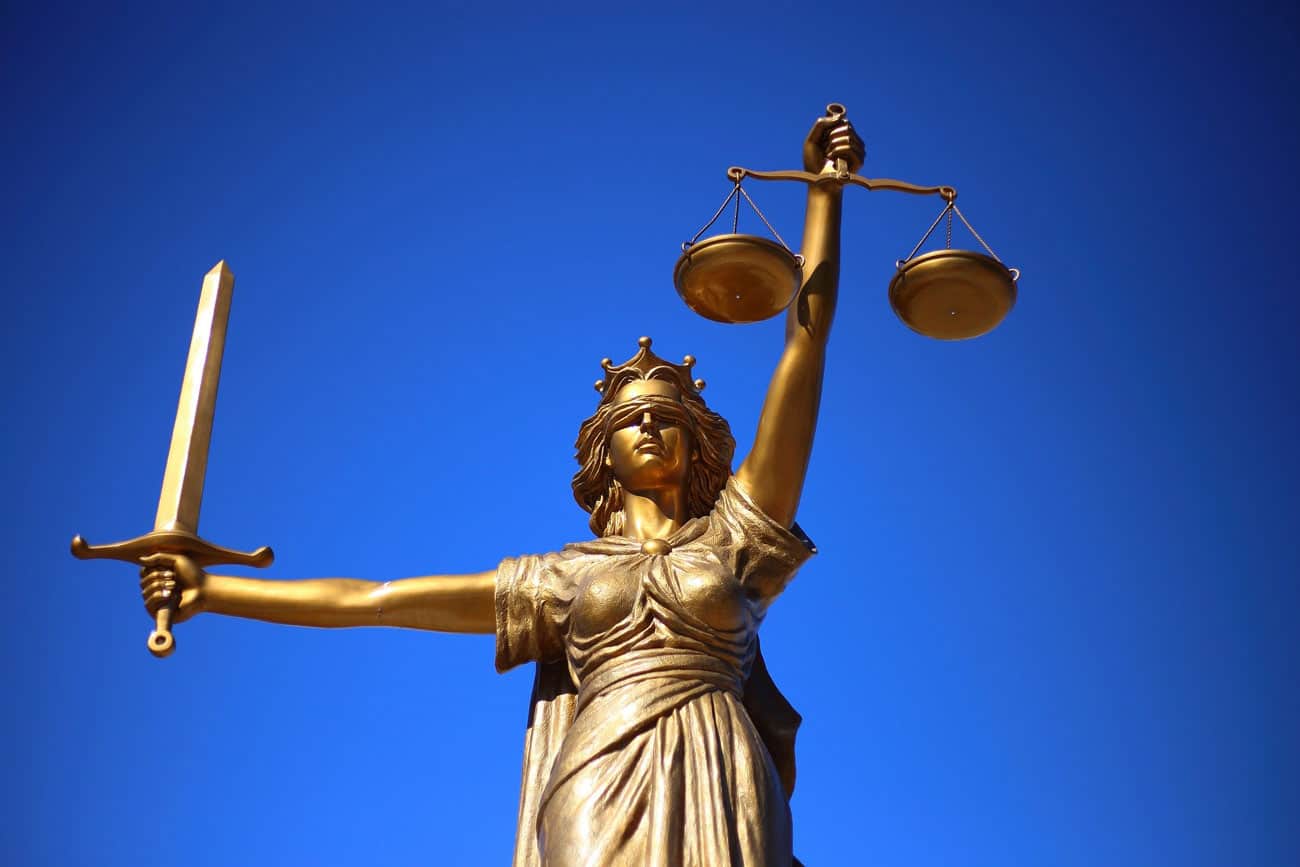Contxto – Maybe this is just my hypothesis, but no sector seems immune to the blockchain revolution. The judiciary is next and one of Argentina’s youngest legaltechs is coming for it.
Its name is Kleros and it is led by CEO and co-founder Federico Ast, who has a degree in Economics and Philosophy from the University of Buenos Aires and a Ph.D. in Business Management from IAE Business School. Both from Argentina.
On November 23 in São Paulo, the entrepreneur presented the company’s promising business model at the Festival of Innovation and Business Culture (FICE). Organized by Época Negocios, Valor Econômico, and other business media publications, the event covered all-things tech.
However, resolute on digitizing one of the oldest sectors, Ast didn’t leave much to the imagination when presenting his plans.
“Kleros is the future of the legal system,” he declared unambiguously.
Legaltechs in Argentina
As part of this decentralized judicial platform, Ast has formulated a system for swift small case resolutions. In other words, fewer people need to serve on juries to come to a verdict.
“In the old system, a lot of people were responsible for the decisions,” he said. “We created a platform that helps resolve smaller legal disputes much faster, making processes more agile, secure, and accessible, while reducing the possibility of incorrect decisions.”
To attain this, the system leverages open-source, online dispute resolution via blockchain technology as well as crowdsourcing. How this manifests in the real world is that Kleros selects a group of jurors to arbitrate a case, even providing them with a Pinakion (PNK) crypto coin for financial compensation.
“Experts can register on the platform and receive money when judging each process,” continued Ast. “But anyone who tries to abuse the system will get nothing. This is how we build secure systems using blockchain.”
Through this scheme, judges can come to decisions more fairly, meaning not as many hidden biases or prejudices. In addition to speed and efficiency, the hope is that the new system results in less spending as well as unprecedented transparency.
-JA






